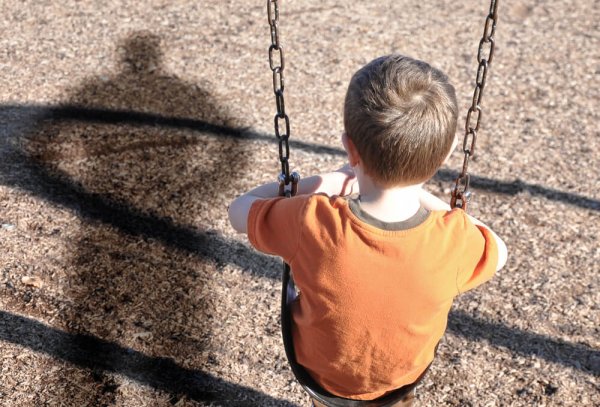Emotional Neglect and Abandonment of Children


Written and verified by the psychologist Gema Sánchez Cuevas
In this article, we’re going to focus on negligence, or child neglect. Unfortunately, there are so many times when we turn on the news and hear about kids who are locked up at home and completely neglected, dirty, and malnourished. This is exactly what we’re talking about when we talk about child neglect.
But what exactly is neglect? Is there more than one kind of neglect? What does this kind of abuse do to a child? We’re going to look into those questions now.
A definition of child neglect, and different kinds
Neglect is defined as a kind of abuse involving constant failure by the child’s parents or guardians. They don’t meet the minimum standards for nutrition, clothing, medical attention, education, security, and/or affection. In other words, they don’t meet the child’s physical or emotional needs.

There are two very different kinds of neglect:
- Physical/cognitive neglect: this has to do with a child’s physical needs. These are things like nutrition, clothing, hygiene, and medical care. This kind of neglect means that the adults in charge of the child either never or rarely take care of the child’s needs.
- Emotional neglect: this has to do with a consistent lack of response to signals (crying, smiling), emotional expressions, and behaviors seeking intimacy and interaction. It also involves the lack of any stable adult figure making an attempt to interact with the child.
But right now we’re only going to focus on emotional neglect.
Signs of emotional child neglect
There are three big signs of emotional neglect and they involve these behaviors:
- Ignoring: this happens when parents ignore their child’s desire and need for interaction. They don’t show any emotions when they spend time with their child. For example, there are parents who only interact with their child when they absolutely have to. They show absolutely no affection, care, or love.
- Refusing psychological attention: the parents refuse to start treatment if their child has a severe emotional or behavioral problem. In this case, specialists have told the parents that their child needs to get some treatment for their problem. But the parents refuse to get them the treatment.
- Delaying psychological attention: in this case they don’t exactly refuse professional treatment, but they put it off. This comes into play when their child has an extreme, obvious emotional or behavioral issue (for example, attempting suicide).

Variables in child abandonment or neglect
These behaviors are really hard for us to imagine in a parent-child relationship. It’s common to wonder what kind of families are most likely to be neglectful in this way. Well, many studies all agree that certain variables that come into play with child neglect:
- Romantic relationships with ups and downs. This means they have problems communicating, and there’s not a good balance of power.
- Conflicted relationships with the extended family. For example, they don’t ask the grandparents for help when they need someone to take care of the kids.
- Caretakers with little to no social relationships. They have no contact with their neighbors and/or friends. They also don’t ask for help when they need it.
- No adult takes responsibility for household chores, so one of the kids has to do them.
- Living in small spaces where hygiene and security are very low. For example, they don’t have important things like hot water in their house.
- Bad parenting habits involving attention and care. The parents don’t understand their children’s needs. They have a negative view of their children, almost never communicate with them, and never spend time with them.
- Parents or caretakers with a very low level of education. The parents have barely gone to any school, and don’t care about their children’s success there.
- The parents/guardians have an unstable work life. Even when they are working, the jobs are usually temporary and don’t give them any satisfaction.
- A history of parental neglect. At least one of the parents/guardians was a victim of abandonment as a child. It’s very common for them to not want to talk about that time of their life.
To conclude, emotional neglect is a very complicated problem with a lot of factors. But just because it’s complicated doesn’t mean it doesn’t need immediate attention. In fact, studies have shown that in the long-term, the consequences can be even more serious than physical abuse.
This text is provided for informational purposes only and does not replace consultation with a professional. If in doubt, consult your specialist.








